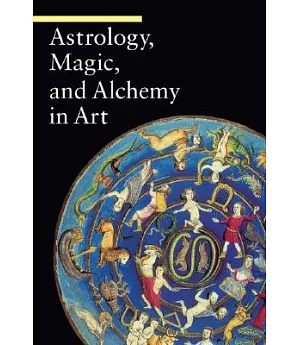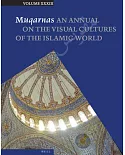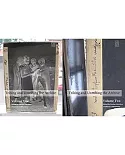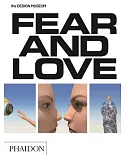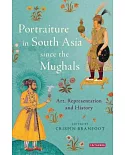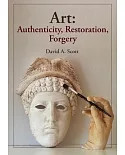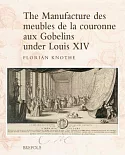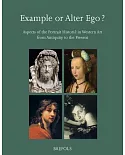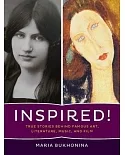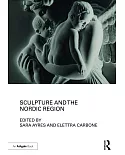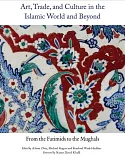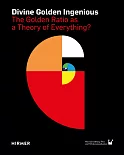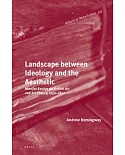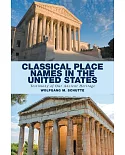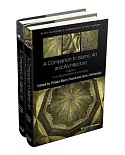From antiquity to the Enlightenment, astrology, magic, and alchemy were considered important tools to unravel the mysteries of nature and human destiny. As a result of the West's exposure
during the Middle Ages to the astrological beliefs of Arab philosophers and the mystical writings of late antiquity, these occult traditions became rich sources of inspiration for Western
artists.
In this latest volume in the popular Guide to Imagery series, the author presents a careful analysis of occult iconography in many of the great masterpieces of Western art, calling out key
features in the illustrations for discussion and interpretation. Astrological symbols decorated medieval churches and illuminated manuscripts as well as fifteenth-century Italian town halls and
palaces. The transformational zymology of magic and alchemy that enlivened the work of a wide range of Renaissance artists, including Bosch, Brueghel, Durer, and Caravaggio, found renewed
expression in the visionary works of nineteenth-century artists, such as Fuseli and Blake, as well as in the creative output of the twentieth century's Surrealists.

